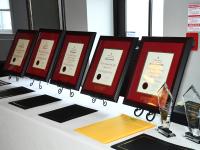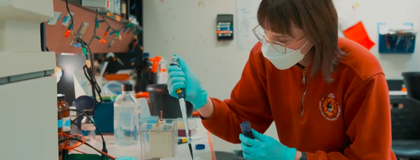
Experiential Learning Hub
The Experiential Learning Hub is home to experiential learning opportunities on and off campus, co‑op, career education and community‑engaged learning.
Our vision is to deliver professional and career development opportunities that enable students to find purpose and thrive as scholars, professionals, and citizens in our global community.

Employers and Partners
Discover how easy it is to recruit and hire U of G students and alumni and get started on a rewarding partnership.
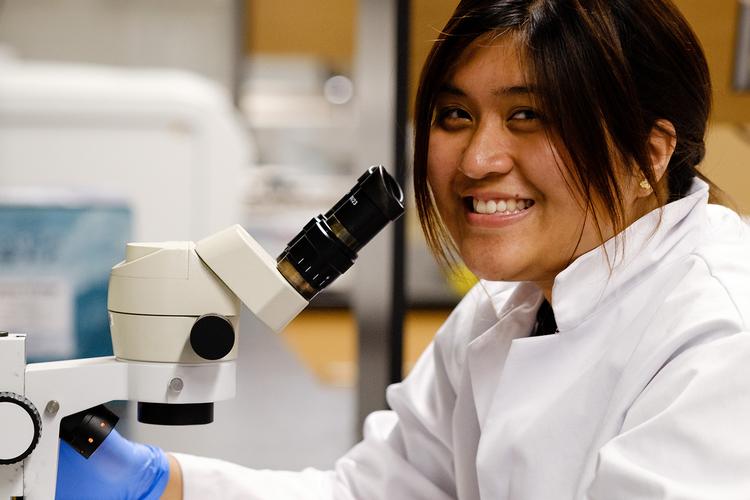
Co-operative Education Students
Extend your learning beyond the classroom and apply your education to the workplace through paid work terms.
.

Career Education
Career Education provides coaching to all students and alumni as you make career and further education planning decisions.
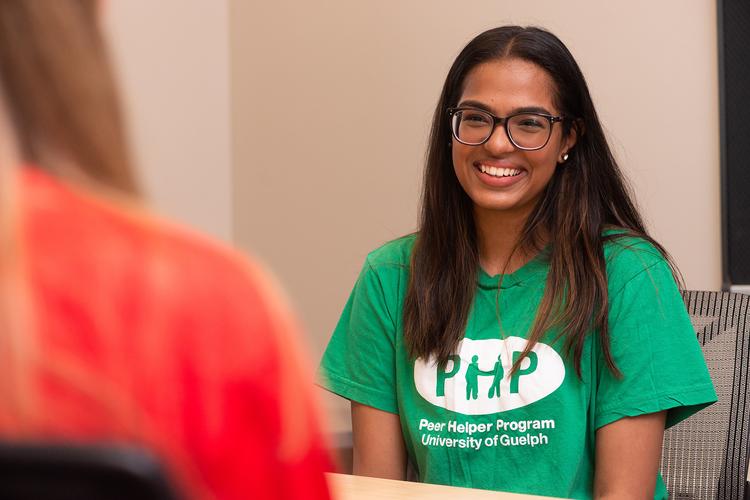
Experiential Learning
Experiential learning means learning through doing. Discover opportunities to apply course material to real-world contexts.
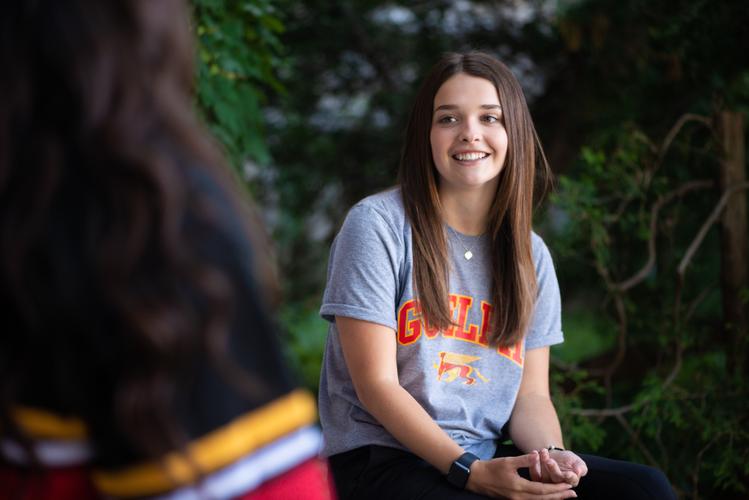
Future Students
Apply to Co-operative Education, meet us at events, and get involved in experiential learning early.

Your PCDR
The Professional and Career Development Record (PCDR) is a tool built into Experience Guelph that formally recognizes a student's involvement in on- and off-campus professional and career development activities, most notably experiential learning.
